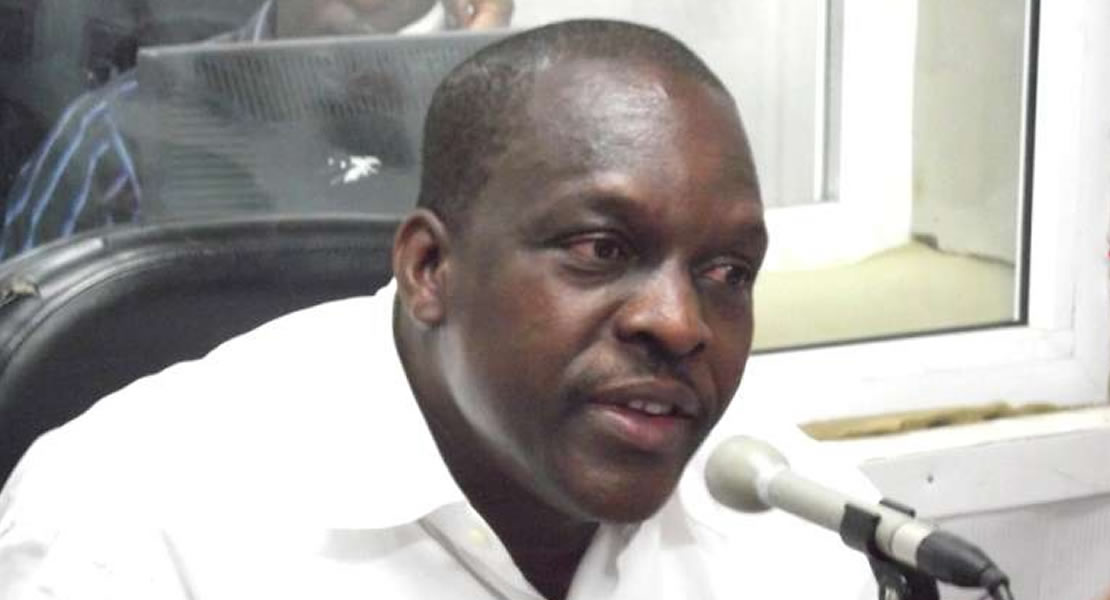
The Majority Leader in Parliament, Mr Alban S.K. Bagbin, has said the frequent reshuffle of ministerial appointees is the bane of the country’s development.
He said if reshuffles were too frequent appointees did not get enough time to transform the sectors they were assigned to. Mr Bagbin was speaking with the Daily Graphic in Accra yesterday when he made the assertion. Need for continuity “Sometimes, I don’t understand our Presidents. And I have spoken to all of them — Rawlings, Kufuor and Mahama.
Why do they think the good people of Ghana gave them four years to make a difference and they want their ministers to use one year in their sectors to make a difference?” he asked. He said the health sector where he had been a minister before, for instance, had 72 different professional groups, each one of which has an association.
“It takes more than a year for the minister to get to know them, and knowing them means getting to meet their leadership, listening to them, getting to know their problems, physically visiting them and inspecting things for yourself to give you a holistic picture in order to be a worthy representative, so that when you speak, you speak from facts,” he explained. “No wonder our health sector is like this; no wonder they do not have conditions of service,” he added.
Mr Bagbin said contrary to the perception that the health sector consisted of only doctors, nurses, pharmacists and laboratory technicians, it had many professional associations, each jostling for attention and looking for space to operate.
“You need somebody to be there for sometime to study them, familiarise himself or herself with the studies already conducted there to be able to follow through with implementation. You will never get this from any of our governments, ” he said.
“In 2009, Sipa Yankey was the Health Minister; in 2010, Kunbuor; 2011, Yieleh Chireh; 2012, Bagbin; 2013, Sherry Ayitey; 2014, Agyeman Mensah and 2015, Segbefia. What can they do?” he asked.
Constitutional Provisions
Article 78 of the 1992 Constitution empowers the President to appoint the number of ministers he deems necessary to assist him to run the affairs of state.
The article states: “The President shall appoint such number of Ministers of State as may be necessary for the efficient running of the state.”
Article 81 (a) states: “The office of a Minister of State or a Deputy Minister shall become vacant if his appointment is revoked by the President.”
There is no constitutional provision which states how long a minister should remain in office or whether or not the President could remove a minister from one ministerial position and appoint him to another.
Challenges
Mr Bagbin, who is also the Member of Parliament (MP) for Nadowli/Kaleo, said the Ghana Health Service, one of the agencies under the Ministry of Health (MoH), had 10 regional hospitals, about 60 polyclinics, 2,000 Community-based Health Planning Services (CHPS) compounds and a large number of clinics and health centres, each with its own area of jurisdiction and operation.
He added that a minister had to visit them and also “get the chain right”.
According to him, one needed to, after apprising himself or herself of the facts at the ministry, craft policies and programmes to address the challenges that existed.
Proposals not implemented
The MP said as Minister of Health, he crafted a proposal to create offices for doctors outside the hospitals.
He said the plan was to ensure that patients visited those offices to consult the doctors when they had health problems, instead of the hospitals.
“The plan was that if you have a problem, you do not go to hospital; you go to the doctor’s office and then he refers you to a laboratory and, after tests, he prescribes medicines for you, or if need be he refers you to a health institution. This was aimed at easing congestion at the hospitals,” he explained.
Unfortunately, he said, because he was no longer the minister, the programme had not been implemented.
Mr Bagbin said he also initiated moves to promote preventive health, “so that people will not get sick”.
“I started those adverts on television which educated the public on the eating of fruits, drinking of water, having enough sleep, among many other things. I brought in a public relations organisation called Oracle to develop the messages, ” he said.
He said it was because of the need for continuity that when Ms Ayitey was about to be removed, he kicked against her removal.
Source: Daily Graphic